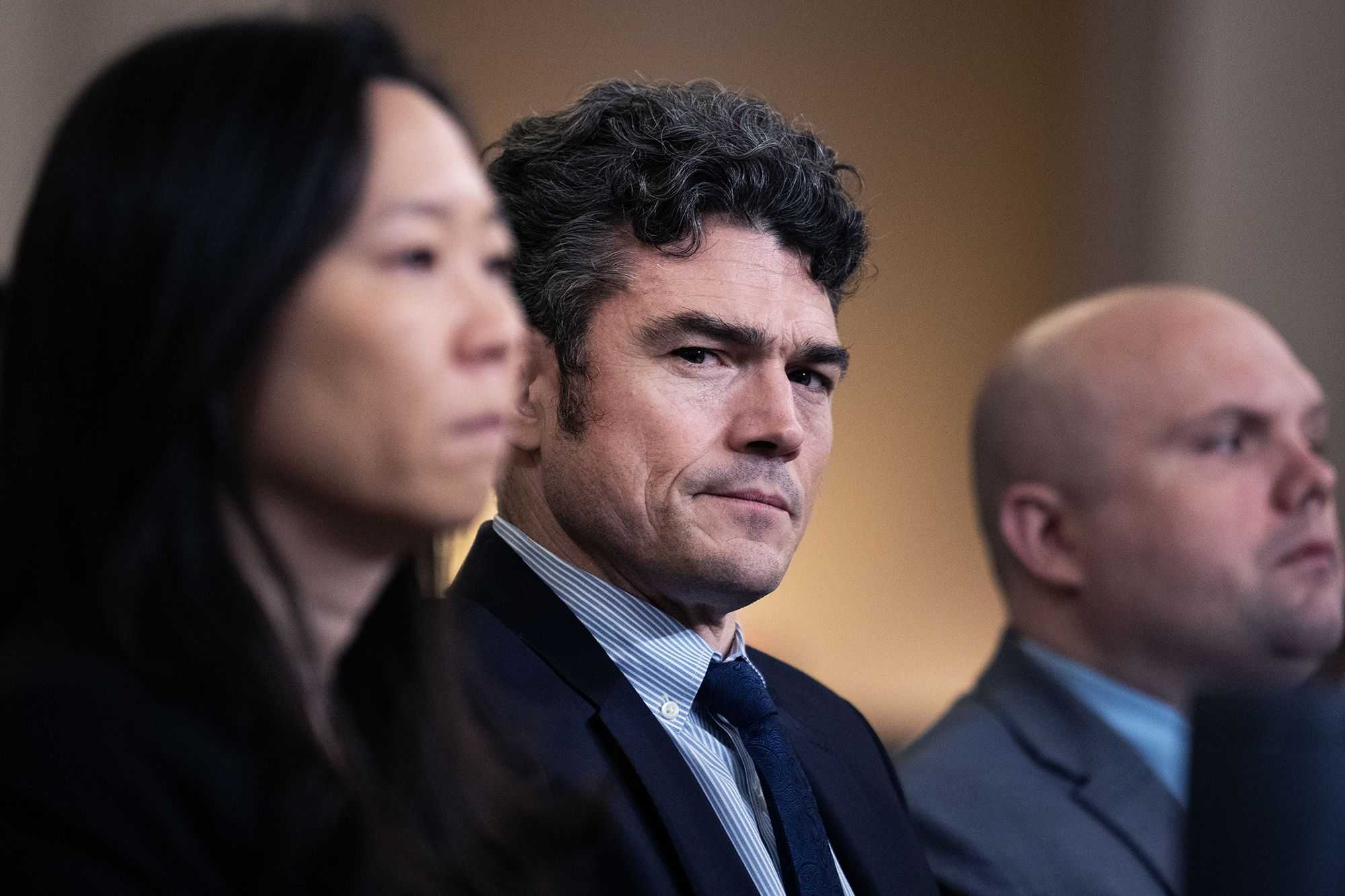The U.S. Senate has officially confirmed Joe Kent to a pivotal counterterrorism position, a decision that has ignited significant controversy and drawn sharp criticism from Democratic lawmakers. This confirmation, a key appointment by the Trump administration, unfolded amidst intense debate regarding Kent’s qualifications, past associations, and alleged extremist views, highlighting deep partisan divisions within the legislative body. The confirmation vote itself reflected the political fault lines, with a majority of Republican senators backing the nominee despite vocal opposition.
Kent is set to lead the National Counterterrorism Center (NCTC), a critical intelligence organization charged with analyzing terrorism-related information and maintaining a comprehensive database of known and suspected terrorists. This agency plays an indispensable role in safeguarding national security, monitoring a diverse range of threats from established Middle Eastern terrorist groups to emerging challenges posed by international drug cartels and criminal organizations, some of which have been recently designated as terrorist entities. His new role places him at the forefront of the nation’s efforts to anticipate and neutralize evolving threats.
Democrats vehemently opposed Kent’s confirmation, largely citing concerns over his alleged association with White nationalists and other far-right extremists. Critics portrayed the retired Army Green Beret as a “conspiracy theorist” whose views and past interactions rendered him “patently unqualified” for such a sensitive and vital role. Senator Patty Murray, a Washington Democrat, underscored these objections, emphasizing the alarming nature of the allegations against him and questioning the rationale behind his selection.
Prior to this confirmation, Kent served as a top aide to Director of National Intelligence Tulsi Gabbard and had previously made two unsuccessful bids for Congress in Washington state. His professional background includes an extensive career in the military, spanning 11 combat tours over two decades in the Army before transitioning to a role as a CIA officer. Supporters frequently emphasized his extensive counterterrorism experience and his personal sacrifice as a Gold Star spouse, whose first wife was tragically killed in a 2019 suicide bombing.
Despite the widespread criticism, Kent’s proponents, including Senator Tom Cotton of Arkansas, lauded his profound understanding of the grave threat that terrorism poses to American security. They pointed to his long service record and deep operational knowledge gained from years on the front lines of counterterrorism efforts as undeniable evidence of his suitability for the NCTC leadership. His supporters argued that his practical experience outweighed the political controversies.
However, CNN previously reported on several contentious instances during Kent’s congressional campaigns, including his repeated need to disavow past interactions with contentious far-right figures, such as a Nazi sympathizer and a Holocaust denier. While Kent stated he was unfamiliar with some individuals and later distanced himself from their endorsements, these associations fueled the concerns of his opponents. Additionally, he faced scrutiny for allegedly pressuring an intelligence analyst to “update” an assessment in a way that critics claimed politicized intelligence conclusions.
During his confirmation hearing, Kent also defended his involvement in a Signal chat that inadvertently included a journalist, where sensitive military operation details were discussed. Furthermore, he addressed allegations of promoting the conspiracy theory that elements of the FBI and intelligence community were involved in planning the January 6, 2021, Capitol riot. Kent has publicly defended some Jan. 6 defendants, labeling them “political prisoners” and asserting the right of Americans to question narratives, though he expressed opposition to those who attacked police.
The confirmation of Joe Kent underscores a persistent tension between political appointments and national security roles, especially when nominees bring controversial pasts. His leadership at the National Counterterrorism Center will be closely watched as the agency navigates an increasingly complex global threat landscape, balancing intelligence analysis with the sensitivities of a politically charged environment. This development signals a significant shift in the leadership of a key intelligence body under the current administration.






Leave a Reply